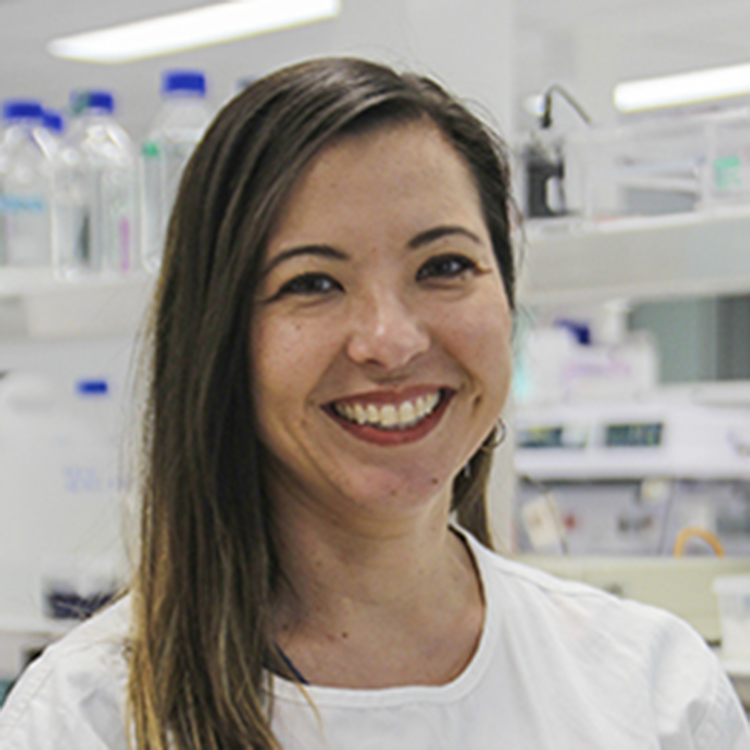Search
Research
PI3K/mTOR is a therapeutically targetable genetic dependency in diffuse intrinsic pontine gliomaDiffuse midline glioma (DMG), including tumors diagnosed in the brainstem (diffuse intrinsic pontine glioma; DIPG), are uniformly fatal brain tumors that lack effective treatment.
Research
Stability and change in self-reported risk and resilience factors associated with mental health of siblings of individuals with and without neurodevelopmental conditions over 15 monthsSiblings of individuals with neurodevelopmental conditions (NDCs) are a minority population at higher genetic and environmental risk of poorer neurocognitive and psychosocial outcomes compared to siblings of individuals without NDCs.
Research
Incidence and survival for childhood cancer by endorsed non-stage prognostic indicators in AustraliaNick Gottardo MBChB FRACP PhD Head of Paediatric and Adolescent Oncology and Haematology, Perth Children’s Hospital; Co-head, Brain Tumour Research
Research
Grandparents’ Experiences of Childhood Cancer: A Qualitative StudyA child's cancer diagnosis has a significant impact on the lives of grandparents. Grandparents experience the stress of worrying about both their adult children and their grandchildren. Our study aimed to explore the lived experience of grandparents of children diagnosed with cancer.
Research
Prognostic significance of molecular subgroups in survival outcome for children with medulloblastoma in MalaysiaAdvancements in genomic profiling led to the discovery of four major molecular subgroups in medulloblastoma (MB), which have now been incorporated into the World Health Organization classification of central nervous system tumors. The current study aimed to determine the prognostic significance of the MB molecular subgroups among children in Malaysia.
Research
Implementation of DNA Methylation Array Profiling in Pediatric Central Nervous System Tumors: The AIM BRAIN Project: An Australian and New Zealand Children's Haematology/Oncology Group StudyDNA methylation array profiling for classifying pediatric central nervous system (CNS) tumors is a valuable adjunct to histopathology. However, unbiased prospective and interlaboratory validation studies have been lacking. The AIM BRAIN diagnostic trial involving 11 pediatric cancer centers in Australia and New Zealand.
Research
Editorial: Bench to bedside: translating pre-clinical research into clinical trials for childhood brain tumorsNick Raelene Gottardo Endersby MBChB FRACP PhD BSc (Hons) PhD Head of Paediatric and Adolescent Oncology and Haematology, Perth Children’s Hospital;


People
Professor Nick GottardoHead of Paediatric and Adolescent Oncology and Haematology, Perth Children’s Hospital; Co-head, Brain Tumour Research Program, The Kids Research Institute Australia
Research
Efficacy of acute myeloid leukemia therapy without stem-cell transplantation in a child with blastic plasmacytoid dendritic cell neoplasmOur case demonstrates that AML therapy, without HSCT, can be sufficient to treat this rare disease in children.
